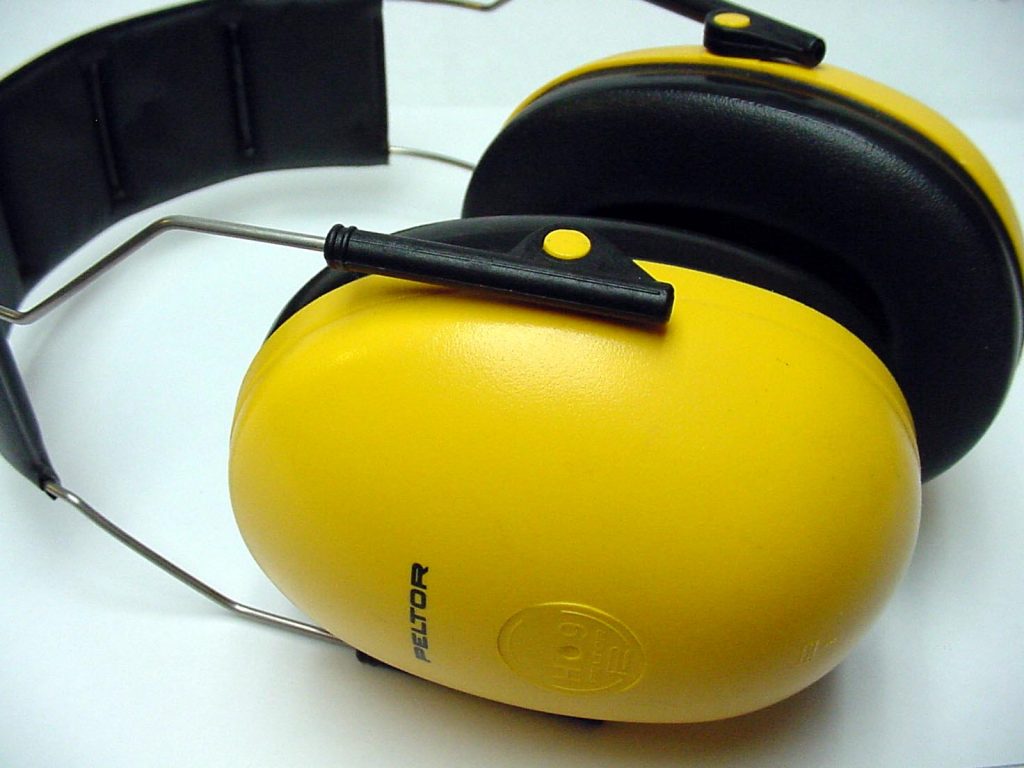Can you sue a Third Party?

Photo by Nicolas J Leclercq on Unsplash
If you were a construction worker who has been injured on the job, you can apply for and receive workers compensation benefits.
But can you make a claim against a third party other than your Employer?
The workers compensation law in Florida under FSA 440.11(e) grants immunity from civil claims by these words:
(e) A subcontractor providing services in conjunction with a contractor on the same project or contract work is not liable for the payment of compensation to the employees of another subcontractor or the contractor on such contract work and is protected by the exclusiveness-of-liability provisions of s. 440.11 from any action at law or in admiralty on account of injury to an employee of another subcontractor, or of the contractor, provided that:
1. The subcontractor has secured workers’ compensation insurance for its employees or the contractor has secured such insurance on behalf of the subcontractor and its employees in accordance with paragraph (b); and
2. The subcontractor’s own gross negligence was not the major contributing cause of the injury.
No contract = No immunity
If your employer and third party were NOT under contract with each other or under contract with the contractor, you can sue. As the court stated in Derogatis v.Fawcett Memorial Hospital: In order for the (third party) to be considered a contractor pursuant to an immunity defense under FSA 440.11, its “primary obligation in performing a job or providing a service must arise out of a contract.”
CAUTION: Be sure you don’t sign a release of “all parties” in your Workers’ Compensation case. The Florida Second DCA ruled in Leonirez Heredia v. John Beach Associates, Inc., et al.: Case Number 2D18-4127 (Fla. 2d DCA July 24, 2019) that if a contractor acted as both the property owner and as a general contractor at the same time and there was no contract with a third party, there was no immunity when a subcontractor’s employee was injured.
Since he was acting for his own benefit as a private homeowner, he was not considered a contractor under Florida law in this situation. Therefore, the contractor in Heredia could not enjoy immunity under workers compensation.
Thus, an injured worker could sue the contractor as the property owner in civil court.
If you file a lawsuit for injuries in civil court outside of workers compensation, you may be able to seek additional compensation for your pain and suffering as well as loss of earning capacity in the future. In workers compensation cases, you are limited to medical treatment with workers’ compensation doctors and lost wages at 2/3rd of your weekly pay until re-employed. Continue reading →
 Florida Injury Attorneys Blog
Florida Injury Attorneys Blog



 Hearing loss under the Longshore and Harbor Workers’ Compensation Act, as extended by the Defense Base Act, is compensated under Section 8(c)(13) as a scheduled injury, resulting in a scheduled award. It is a traumatic injury in that the harm occurs immediately upon exposure.
Hearing loss under the Longshore and Harbor Workers’ Compensation Act, as extended by the Defense Base Act, is compensated under Section 8(c)(13) as a scheduled injury, resulting in a scheduled award. It is a traumatic injury in that the harm occurs immediately upon exposure.
